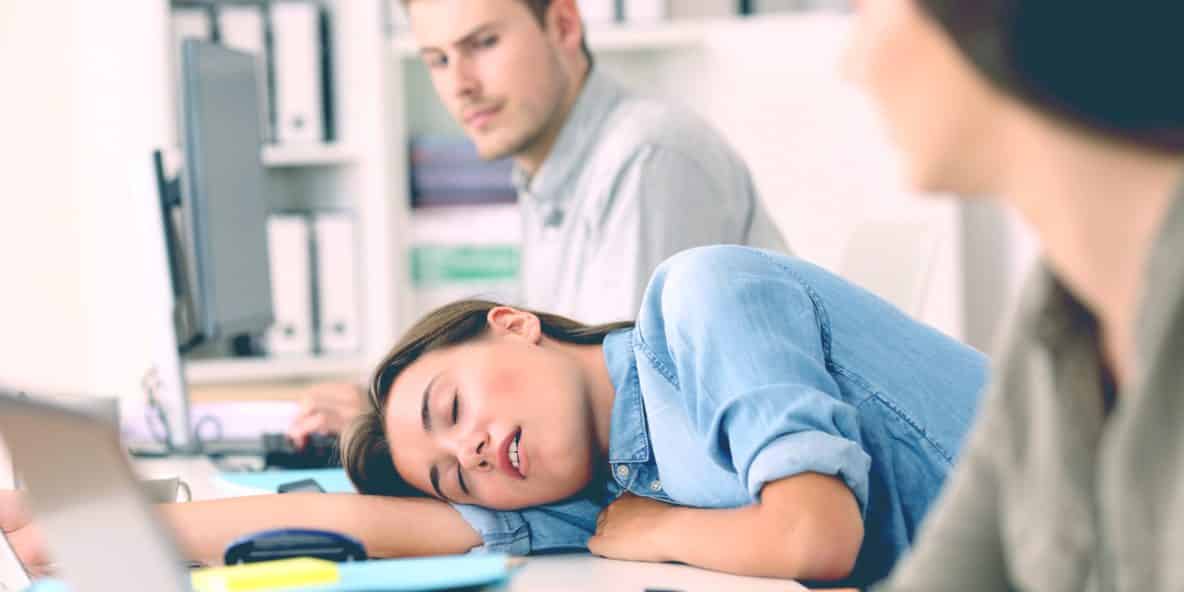Understanding Narcolepsy Symptoms
The term narcolepsy relates to sleeping disorders that create havoc with the sleeping routine. People suffering from this neurological ailment have this uncontrollable urge to fall into sleep during the day. The occurrence of this involuntary desire to sleep may happen any time, whether you are inside your home or outside.
The general sleep cycle consists of three stages of sleep. The initial light stage is followed by the deeper state that finally leads to the REM or the rapid eye movement sleep. But, people with narcolepsy, fall into the REM sleep in a short time even during day time. The usual symptoms of REM sleep like dreams and muscle paralysis do manifest during such time.
Although narcolepsy generally occurs during the early part of life (15 to 25 age group), it can occur at any age. Many times, since the problem is not diagnosed properly, it goes on untreated.
Reasons for narcolepsy
Although the exact reasons for narcolepsy are yet to be ascertained, research has made it possible to discover genes that are behind the disorder. The genes are associated with the production of the chemicals responsible for maintaining the periodicity of the cycle of sleep and wakefulness. Some experts are of the opinion that deficiency of hypocretin, a chemical in the brain could be the reason behind it. That apart, some abnormalities in different parts of the brain that might also be a contributing factor to the symptoms of narcolepsy. The researchers agree that the problems may be the cumulative effect of different factors.
The symptoms of narcolepsy
Excessive daytime sleepiness (EDS): The person has bouts of sleep during day time, even if he gets a sufficient amount of sleep at night. People suffering from narcolepsy complain of tiredness, lack of mental concentration, mood swings, and memory problems. Due to this, they find it difficult to go through their daily activities.
Cataplexy: Cataplexy is the state of involuntary loss of muscle tone resulting in sudden exhaustion and debility. The person fails to control his muscles and this may result in slurred speech. Expression of emotions like anger or laughter can trigger it. At times, it can even lead to total body collapse.
Hallucination: The person usually suffers from bouts of hallucination, which is mainly visual. When it happens during sleep, it is called hypnopompic and hypnagogic when it occurs during wakefulness.
Sleep paralysis: People with narcolepsy develop temporary inability of speech and mobility. This state may last from a few seconds to some minutes.
Diagnosis of Narcolepsy
The medical experts diagnose the condition of narcolepsy after studying the medical history of the patient and doing a thorough physical examination. Since none of the symptoms are exclusive to narcolepsy, it has to be ascertained through other investigations and confirmatory tests. The multiple sleep latency test (MSLT) and the polysomnogram (PSG) are conducted to diagnose narcolepsy.
The PSG test records the sleep pattern during the night when the patient is asleep. It tells whether the REM period of sleep occurs at the normal time during the sleep cycle or not.
The MSLT is conducted during day time. The patient has to sleep four or five times for short periods at two hours intervals during the day. The test is conducted in order to determine and monitor the patient’s tendency to sleep during the day. It also shows any period of REM sleep in it.
Treatment of Narcolepsy

There is no treatment that can fully cure narcolepsy. But drugs can help in controlling some of its disabling effects like cataplexy, EDS, and unusual REM sleep. The doctors prescribe antidepressant drugs to subside REM sleep disorder and stimulants like amphetamine for the treatment of sleepiness.
Recently, a new drug known as Xyrem is being used for the treatment of narcolepsy with cataplexy. The drug induces sleep during the night as a result the patient doesn’t fall into sleep during the day.
Some changes in lifestyle such as exercise, a good diet, avoidance of alcohol, nicotine, and caffeine are also necessary to alleviate the symptoms of narcolepsy.



